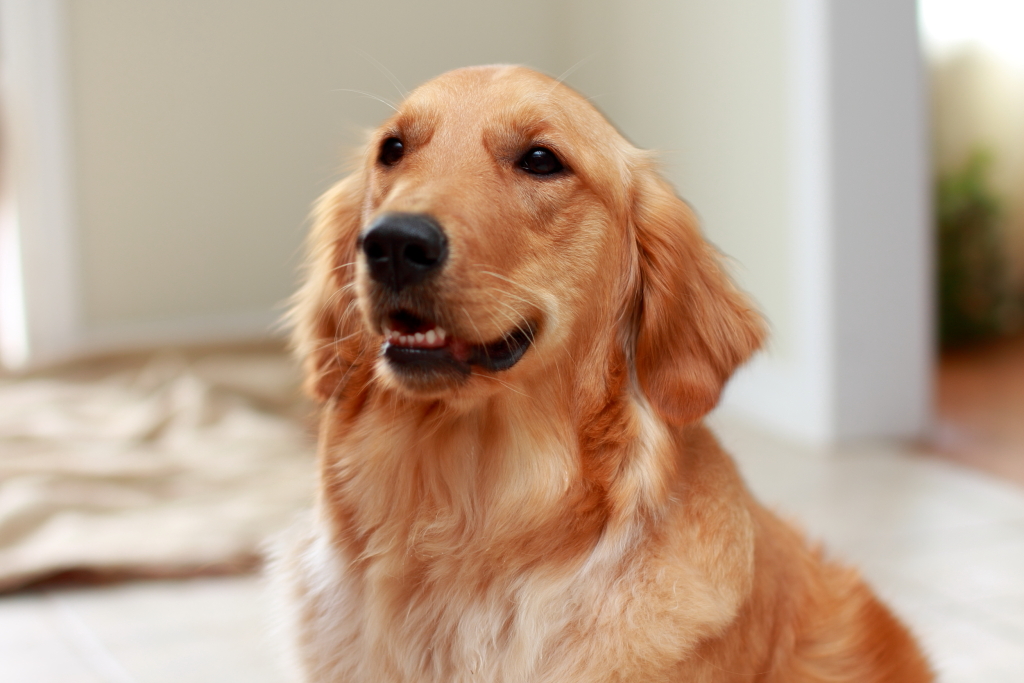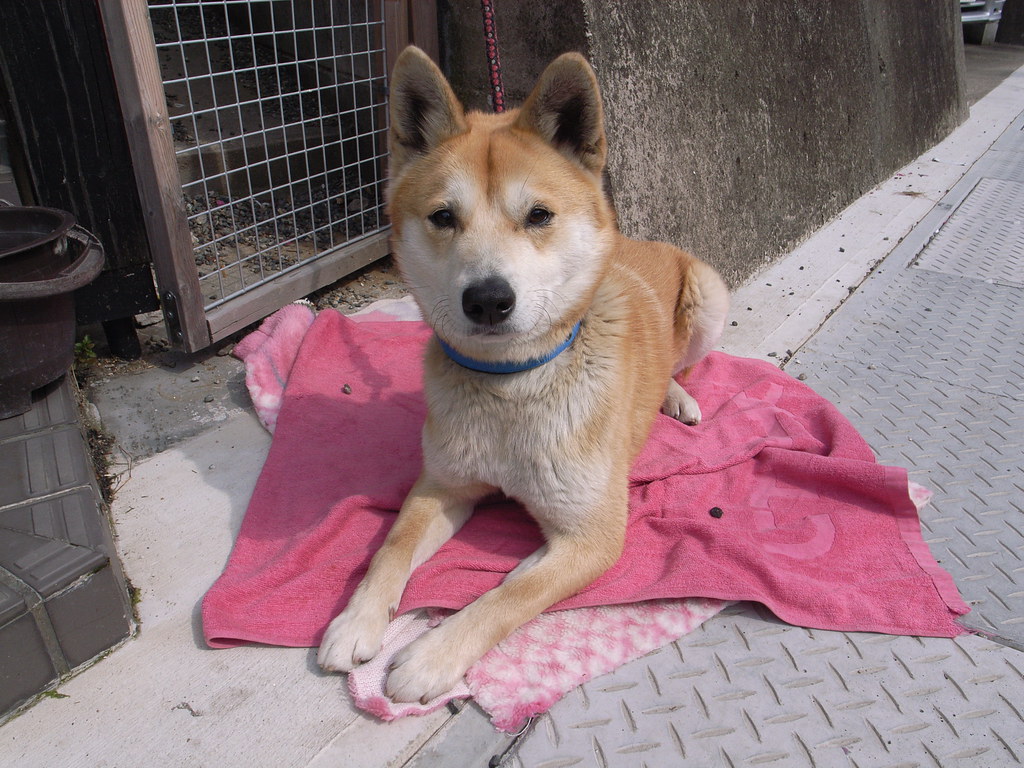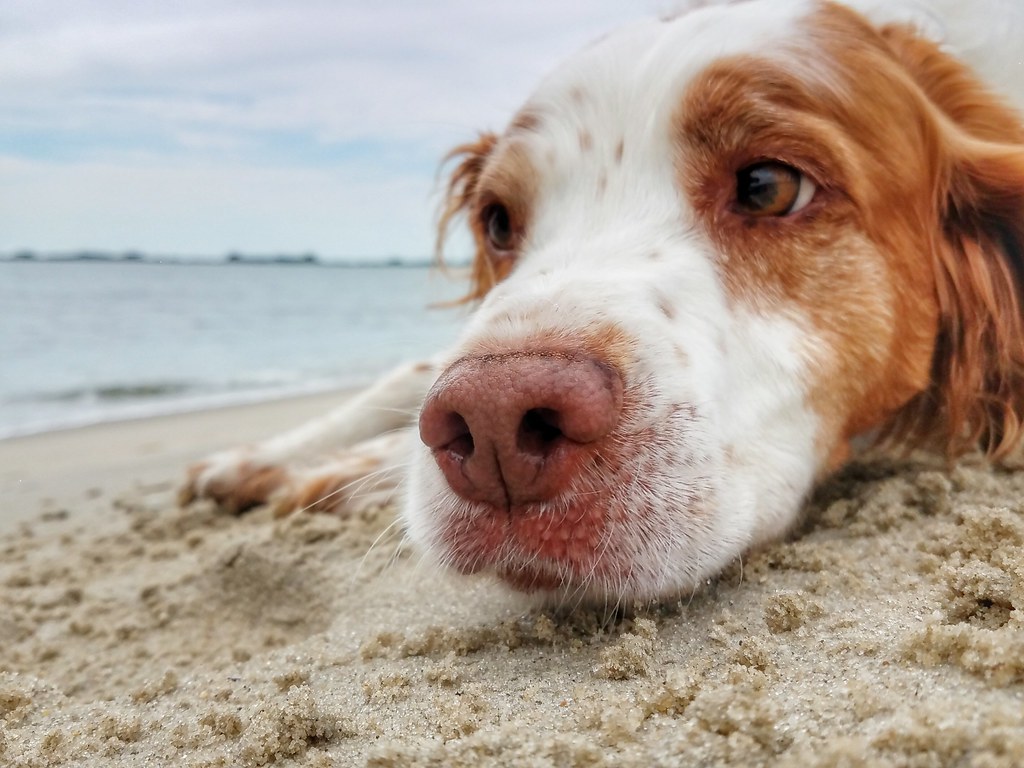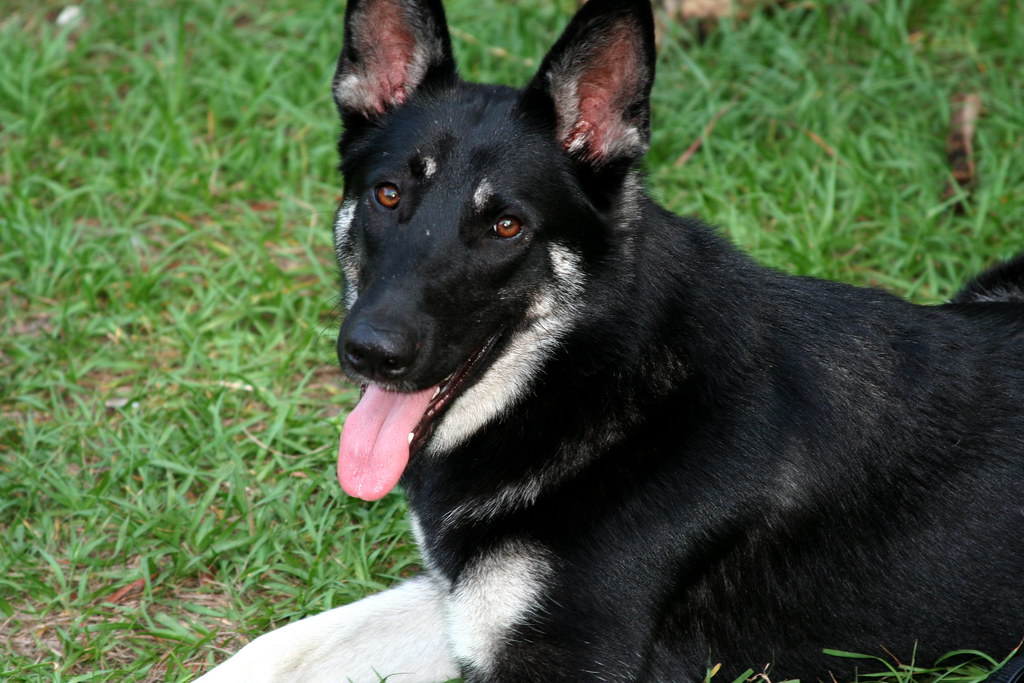Don’t feel guilty if your dog growls at you – find out why and how to fix it! What to do when the dog growls at the owner
Table of Contents

When the dog growls
If the owner has a clear conscience, it is simple for him to feel instantly terrible and begin wondering where he went wrong when the dog growls at him.
If this sounds like you and you’re wondering what to do, we can tell you right away that you probably haven’t done anything “wrong”—you just need to figure out how to talk to the dog!
Dogs growl primarily as a means of communication, and specifically as a warning. Reprimanding the animal will probably make it feel that the prior warning was in vain and it will attack straight the next time it encounters the same circumstance. However, if you react to the dog’s growth without exhibiting fear or giving in to his dominance, the issue could get worse and the dog might not want to give up.
Trying to stop the dog from growing at the owner sets off an impulsive defense reaction, which is not only unproductive but also pointless. Finding the appropriate answer requires simply that you comprehend the dog’s reasons for these reactions.
Why does the dog growl
If this has happened to you, you’ve surely wondered “Why is my dog growling at me?”
The causes of dog growl can be many. The first and most common is that the dog feels somehow threatened by something, just like a cat when it blows. In this case, you will have to try to understand what makes him feel in danger to resolve his discomfort.
However, if the dog always growls it cannot be due to the perception of a threat: no dog feels in danger all the time! In this case, the cause of the problem could be a psychological trauma suffered as a puppy that pushes the animal to a constant state of aggression.
Another explanation if your dog growls all the time is that it is a physical condition, such as rabies. Both cases require the intervention of a specialist.
If your dog growls, however, it can also be for a seemingly trivial reason, such as your smell! Dogs have a very developed sense of smell and can react aggressively to any type of strong smell, even one that we consider pleasant. In this case, it’s easy to spot the problem – just try changing your clothes and taking a shower and then see if your furry friend’s attitude changes.

Why does the dog growl when he eats
The growl for the dog is also an affirmation of domination and possession and it is therefore quite common for a dog to react in this way if you approach his bowl, especially while he is eating. He’s just clearly expressing ownership of his food. It may seem strange to our trusted friend, but it is a very common attitude in the animal kingdom: it happens that cats do too!
Why does the dog growl when he plays
Just like with food, some dogs become very possessive of their toys and don’t allow anyone to touch them, not even their owners! Again, if the dog growls it does so to show its dominance over something.

Why does the dog growl at the cat
Have you brought home a new kitten and your dog is growling at him? This is a rather frequent situation: the dog defends its territory from the “intruder” and therefore growls. The fact that it is a common circumstance does not mean that you should not keep an eye on it, on the contrary! Be prepared to intervene if your dog shows signs of aggression and do everything possible to make him get along with the cat.
What to do when the dog growls at the owner
Having clarified the main causes that can cause a dog to growl at the owner, it’s time to figure out how to make him stop!
Firstly, keep kids away to avoid starting jealousies between furry and non-furry puppies. Secondly, pay close attention to your dog’s behavior, movements, and physique to ensure that he is healthy and free from injuries.
Once it has been determined that the dog’s perception of danger is the source, you need to be able to reassure him and give him a sense of being pampered.
Regain control of the issue by restoring a relationship based on mutual trust and acting with poise, caution, and deliberate movements.

Talk to him in a faint voice, call him by name, and approach very slowly, perhaps not “from above”. If the situation is under control, give him a few strokes and remind him that he has nothing to fear at home.
However, if the dog growls when you sneak the situation is slightly different. We assume that it is a beloved and well-kept dog, reprimanded for some prank: an abused dog will growl and be right to do so. If, on the other hand, your dog growls when you scold him, he is probably trying to assume a position of supremacy over you.
What to do at this point? NEVER use violence, but a strong attitude is needed to restore hierarchies. A dry “NO” pronounced with an imperious voice, accompanied by a distraction, perhaps sound, maybe the best answer to educate a somewhat reticent dog